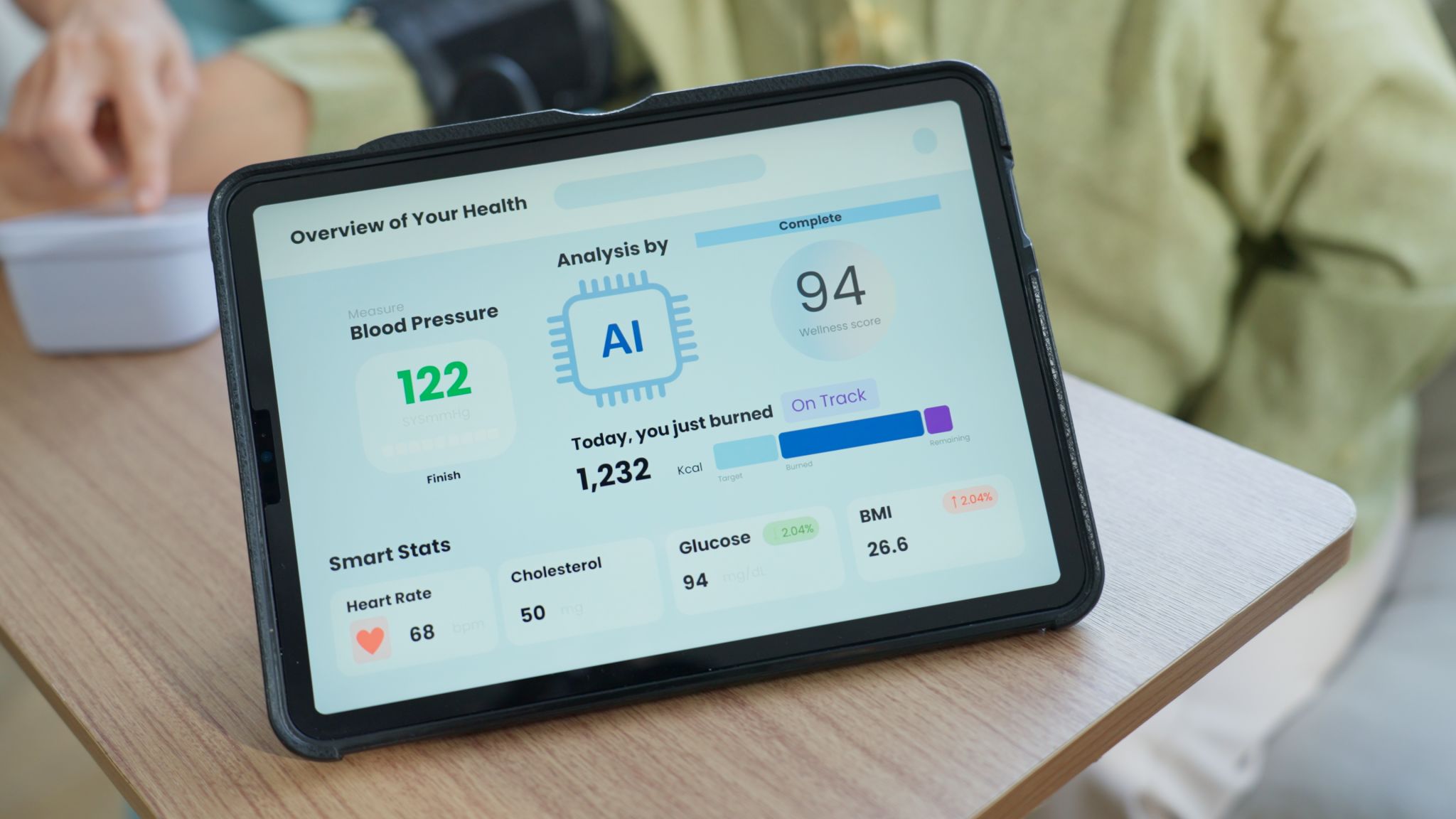The Importance of Regular Health Check-Ups and Screenings
DA
The Value of Preventive Healthcare
Regular health check-ups and screenings are crucial components of preventive healthcare. These practices allow for the early detection and treatment of potential health issues before they become severe. By regularly monitoring your health, you can take proactive steps to maintain your well-being, potentially avoiding chronic conditions or serious illnesses.
Preventive healthcare is not just about addressing existing problems; it’s about maintaining a healthy lifestyle and ensuring peace of mind. Routine check-ups provide an opportunity to discuss any concerns with your healthcare provider, receive personalized advice, and update necessary vaccinations.

Benefits of Regular Health Screenings
Health screenings play a vital role in detecting diseases at an early stage when they are most treatable. Conditions such as diabetes, hypertension, and certain cancers can be identified early through appropriate screenings. This early detection often leads to more effective treatment and better outcomes.
Furthermore, regular screenings can help identify risk factors for developing certain diseases. With this knowledge, individuals can make informed lifestyle changes to mitigate these risks. For example, if a screening reveals high cholesterol levels, dietary adjustments and exercise can be implemented to lower the risk of cardiovascular diseases.

Common Health Screenings
There are several common health screenings recommended for individuals based on age, gender, and medical history. Some of these include:
- Blood pressure measurements
- Cholesterol level checks
- Mammograms and Pap smears for women
- Prostate exams for men
- Colonoscopy screenings for colorectal cancer
The Role of Personalized Health Plans
Each individual's health needs are unique, which is why personalized health plans are essential. During regular check-ups, your healthcare provider can help devise a plan tailored specifically for you. This plan will consider personal risk factors, family medical history, and lifestyle choices to ensure comprehensive care.
By adhering to a personalized health plan, you can effectively manage existing conditions and prevent future health issues. Regular reviews of this plan during check-ups ensure that it evolves with your changing health needs.

Overcoming Barriers to Regular Check-Ups
Despite the clear benefits, many people neglect regular health check-ups due to various barriers such as cost, time constraints, or fear of medical procedures. However, understanding the importance of preventive care and its long-term advantages can help overcome these obstacles.
Some healthcare providers offer flexible scheduling options or telehealth services to accommodate busy lifestyles. Additionally, insurance plans often cover preventive services, making them more accessible to individuals seeking to maintain their health proactively.
Conclusion: Prioritizing Your Health
In conclusion, regular health check-ups and screenings are invaluable tools in maintaining good health and preventing serious medical conditions. By prioritizing these practices, you take an active role in your healthcare journey. It's not just about extending lifespan but also enhancing the quality of life.
Remember that investing time in your health today can lead to a healthier and more fulfilling tomorrow. Make it a priority to schedule your next check-up and embrace the benefits of preventive healthcare.